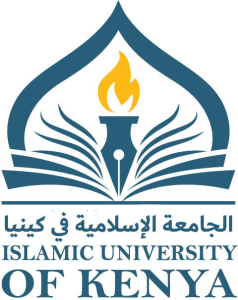Bachelor of Business Management
The Department of Business Management is one of the first departments to be established by the University. Having been entrusted with the task of equipping students with practical business and managerial skills relevant in the current business world; the department’s focus is on programmes that are geared towards solving societal and organizational challenges presented to business people due to the interaction of businesses and the society at large. Ethical business and managerial skills have been emphasized through tailored units.
